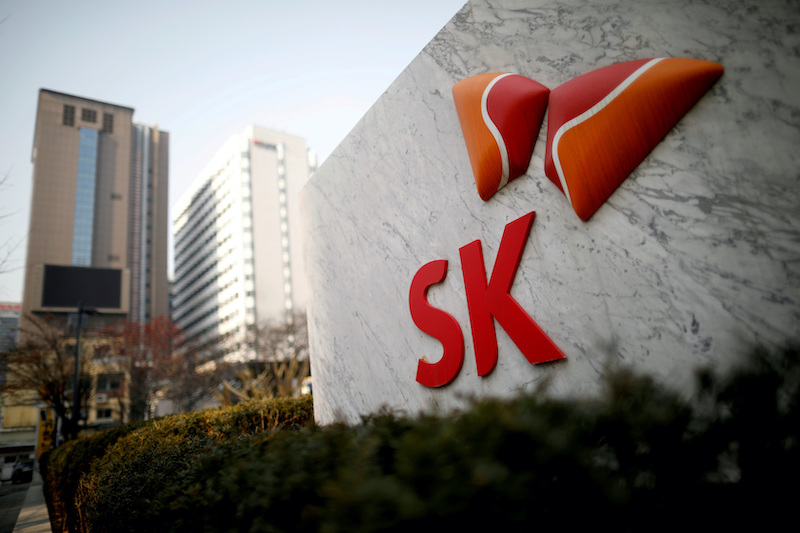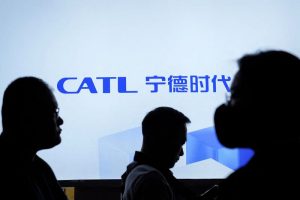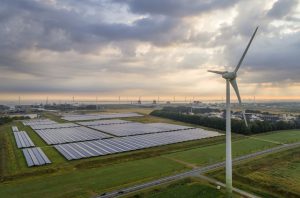South Korea’s second-largest conglomerate SK Group is planning a major overhaul of its business amid mounting losses at its battery and chipmaking units.
The conglomerate has become bloated over the past decade, encompassing 219 companies as of May.
By contrast, Samsung Group, the biggest conglomerate by assets, has 63 firms and Hyundai Motor Group has 70.
Also on AF: Deadly Blaze at South Korean Battery Plant Highlights Fire Risks
Meanwhile, its two most critical units — battery maker SK On and chip firm SK Hynix — have lost billions of dollars over the past year, stretching the conglomerate’s finances.
In a push to address these challenges, SK plans to hold a two-day strategy meeting starting on Friday to discuss streamlining its business.
The group plans to focus on key areas including artificial intelligence, chips and batteries.
The meeting, which will include executives from the parent company and affiliate firms, will look at options from mergers to divestments, according to a source with direct knowledge of the matter.
SK has been thinking about a revamp since four senior executives stepped down late last year. Its main money maker, SK Hynix, also suffered heavy losses last year.
But a SK Group spokesperson described the conglomerate’s review of its businesses as a “routine management activity” to help it better respond to “a changing business environment, including geopolitical issues.”
Supporting battery-maker
SK Innovation, which owns the country’s largest oil refiner and battery maker SK On, is expected to pursue a merger with profitable gas affiliate SK E&S to help prop up SK On, local media outlets have reported.
SK Innovation has said it is considering various strategic measures including mergers to strengthen its competitiveness, but nothing has been decided yet.
Battery unit SK On has never made a profit since it was split off from SK Innovation in late 2021. Its cumulative operating losses amount to about 2.3 trillion won ($1.7 billion) while its debt-to-equity ratio was 188% as of end-March.
But the conglomerate sees batteries as a long-term growth area and is trying to cut back investments in other units so it can better support SK On, analysts say.
The conglomerate may also merge builder SK EcoPlant and SK Materials’ industrial gas unit, the Korea Economic Daily reported on Sunday, citing unidentified industry sources.
SK EcoPlant and SK Materials said they were not aware of such discussions.
SK Networks, which sells smartphones and manages hotels, said last week it would sell its car rental unit to private equity firm Affinity Equity Partners for 820 billion won ($590 million).
The group is also in talks to sell its 9% stake in Vietnam’s Masan Group back to the retail-to-telecoms conglomerate, an SK spokesperson said.
- Reuters, with additional editing by Vishakha Saxena
Also read:
South Korea’s SK On to Produce Cheaper EV Battery by 2025
SK Hynix Plans $90-Billion 4-Fab Chip Cluster – TH
SK Hynix CEO Sees AI Doubling Firm’s Value in Three Years
S Korea’s Samsung, SK Hynix Win US Chip Tech Export Waivers
Chipmaker SK Hynix to Slash Investment as Recession Looms
Global Chip Sector ‘Can Never Return to its Pre-Covid Set-up’
As Korea Mulls Joining US Chip War, China Says ‘Don’t Give In’
























